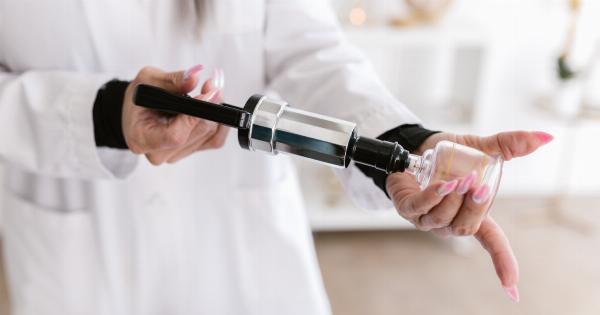Acupuncture is an alternative medical therapy that has been used for centuries in traditional Chinese medicine to treat a variety of conditions.
Over the years, it has gained more recognition in Western medicine and is now being utilized in dentistry as well.
What is Acupuncture?
Acupuncture involves the insertion of very thin needles into specific points on the body known as acupuncture points.
These points are believed to correspond to specific areas of the body and are linked to pathways, known as meridians, that are thought to carry energy, or “qi” throughout the body.
How Can Acupuncture Be Used in Dentistry?
Acupuncture can be used in dentistry to treat a variety of conditions, such as pain, anxiety, and muscle tension. It can also be used to help reduce inflammation and promote healing after dental procedures.
The Benefits of Using Acupuncture in Dentistry
The use of acupuncture in dentistry can offer several benefits over traditional methods of treatment. These include:.
- Reduced pain and discomfort: Acupuncture can help reduce pain associated with dental procedures and can be used in place of or in addition to anesthesia.
- Reduced anxiety and stress: Many people experience anxiety and stress related to dental procedures, which can impact their overall health. Acupuncture can help reduce these feelings, making dental procedures more comfortable.
- Improved healing: Acupuncture can help improve circulation and promote healing after dental procedures, leading to faster recovery times.
- Reduced side effects: Unlike some traditional medications used for pain relief, acupuncture does not have any significant side effects, making it a safe and effective alternative.
Acupuncture Techniques Used in Dentistry
There are several acupuncture techniques that can be used in dentistry, including:.
- Body acupuncture: This involves the insertion of needles into various points around the body, including the limbs, torso, and head, to promote healing and relieve pain and inflammation.
- Ear acupuncture: This involves the insertion of needles into specific points on the ear, known as auricular acupuncture, which has been shown to be effective in treating pain and anxiety associated with dental procedures.
- Electroacupuncture: This involves the use of small electric currents to stimulate acupuncture points, which can help to reduce pain and inflammation and promote healing.
The Safety of Acupuncture in Dentistry
Acupuncture is generally considered to be a very safe therapy when performed by a qualified practitioner. Side effects are rare, but may include temporary soreness, bleeding, or bruising at the site of the needle insertion.
Conclusion
Acupuncture is a safe and effective therapy that can be used in dentistry to treat a variety of conditions, such as pain, anxiety, and inflammation.
With its many benefits over traditional forms of treatment, acupuncture is fast becoming a popular choice for patients seeking a holistic approach to dental care.




























